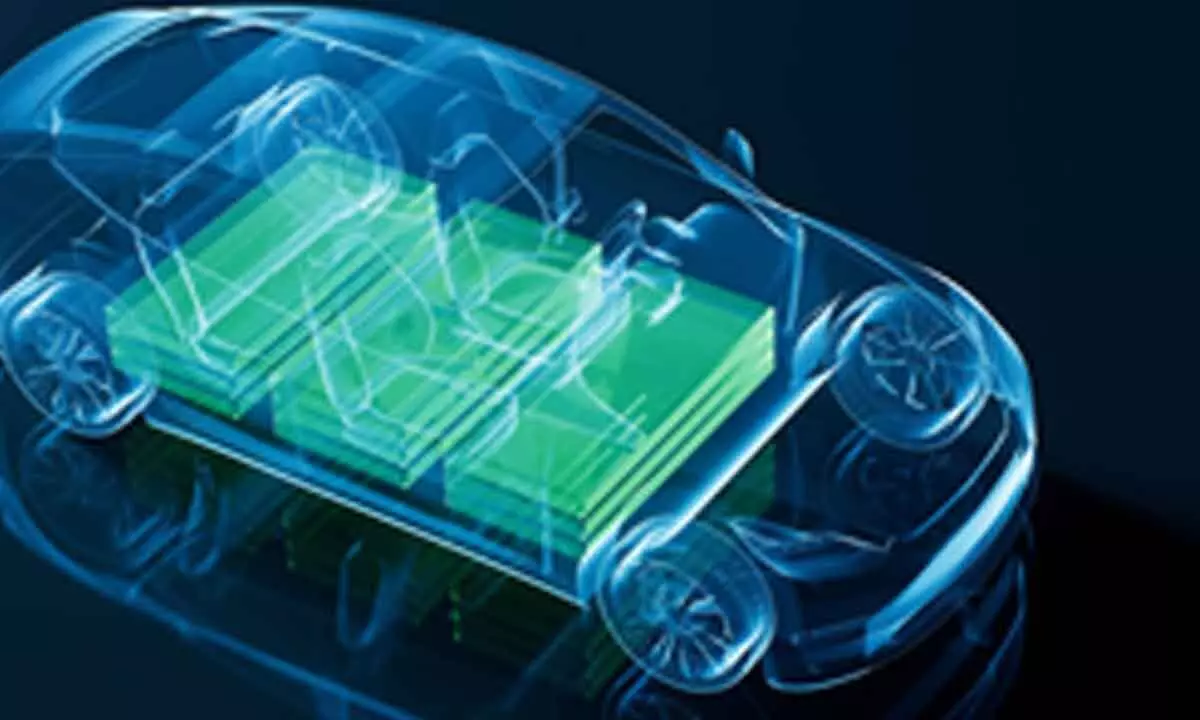New tech can lead to safer EV batteries: Researchers
Share :

Researchers have developed a new technology that could enable next-generation electric vehicles (EVs) and other devices that are less prone to battery fires while increasing energy storage.
Researchers have developed a new technology that could enable next-generation electric vehicles (EVs) and other devices that are less prone to battery fires while increasing energy storage.
The study, published in the journal Nature, suppresses the growth of lithium dendrites -- damaging branch-like structures that develop inside so-called all-solid-state lithium batteries, preventing firms from broadly commercialising the promising technology.
This new design for a battery "interlayer," led by Chunsheng Wang of the University of Maryland, avoids dendrite formation and could allow the production of viable solid-state batteries for electric vehicles.
"All-solid-state batteries could lead to cars that are safer than current electric or internal combustion models, but creating a strategy to bypass the drawbacks was laborious," Wang said.
The researchers explained that, when these batteries are operated at the high capacities and charging-discharging rates that electric vehicles demand, lithium dendrites grow toward the cathode side, causing short circuits and a decay in capacity.
“After we figured out that part, we proposed the idea to redesign the interlayers that would effectively suppress the lithium dendrite growth,” Wang stated.
According to the researchers, their solution is unique because of the stabilizing of the battery’s interfaces between the solid electrolyte and the anode (where electrons from a circuit enter the battery) and the electrolyte and the cathode (where energy flows out of the battery).
The new battery structure adds a fluorine-rich interlayer that stabilises the cathode side, as well as a modification of the anode’s interlayer with magnesium and bismuth -- suppressing the lithium dendrite.
“Solid-state batteries are next-generation because they can achieve high energy and safety. In current batteries, if you achieve high energy, you’ll sacrifice safety,” Wang mentioned.
With the aim of bringing the new batteries to market by 2026, Solid Power plans to begin trials of the new technology to assess its potential for commercialisation, according to the researchers.
















